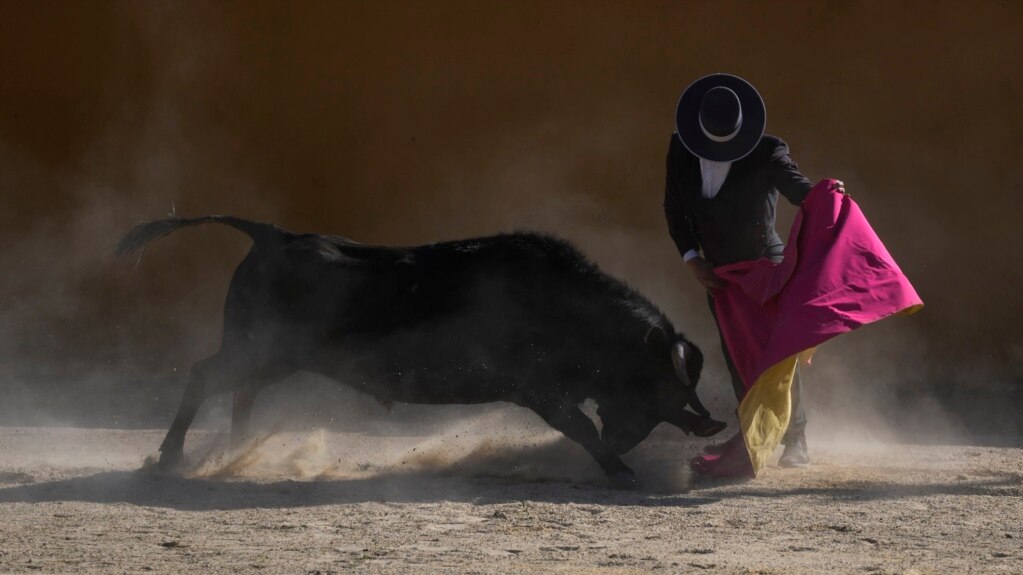Colombia is one of just eight countries where bullfights remain legal. Many places in those countries are establishing restrictions on the activity. Courts and city governments in Spain and Mexico have issued rulings that have discouraged the events.
In December, Colombia’s Senate approved a measure to ban bullfighting nationwide. Lawmakers in the House of Representatives could take up the legislation when it returns from its three-month break.
Bullfights have been a part of life in Colombia for hundreds of years. But much of the public now disapproves of the practice because of ethical concerns.
“We are talking about living and feeling beings,” said Andrea Padilla. She is a recently elected senator and longtime animal rights activist who wrote the anti-bullfighting law.
“These are mammals…who shouldn’t be exposed to a slow and painful death.”
Padilla’s law proposes banning all bullfights within three years. It also demands immediate reform of bullfighting shows. It bars the use of some weapons and the killing of the animal.
Bullfighting supporters say those measures would effectively end the tradition.
In bullfights, the bull is fought and taunted in three stages that last about six minutes each. First, a horseman injures the bull with a long wooden weapon with a metal point. Then, assistants rush up to the bull to push sharp sticks into the animal’s upper back. Lastly, the bullfighter stabs and kills the bull.
Supporters of bullfights say the ban would destroy an art form. They also say it will cause job losses. They argue that politicians like Padilla are trying to force their beliefs on others.
Studies suggest bullfighting supporters are a small percentage of Colombia’s population. In a November public opinion study by research company Datexco, 85 percent of Colombians said they agreed with a ban on bullfights. Just 13 percent said they were against a ban.
However, in Colombia’s House of Representatives many politicians have been unwilling to ban it. Some lawmakers say they prefer a bill that “moderates” bullfights by making some of the weapons used in these events less violent.
In some parts of Colombia, like the city of Manizales, bullfights still interest thousands of people each year. The local Red Cross owns the bullfighting center in that city. Its yearly bullfighting celebration raises thousands of dollars for a children’s hospital.
“It’s sad that people who don’t know anything about our sector want to make laws about us,” said Sergio Alzate. The 22-year-old hopes to become a bullfighter, or matador. He attends the city's bullfighting school.
Still, Senator Padilla and thousands of others in Colombia argue that there is no ethical reason for events where animals are killed for show.
She added that her bill directs the government to help create new sources of money for people working in bullfights.
I’m Dan Novak.

